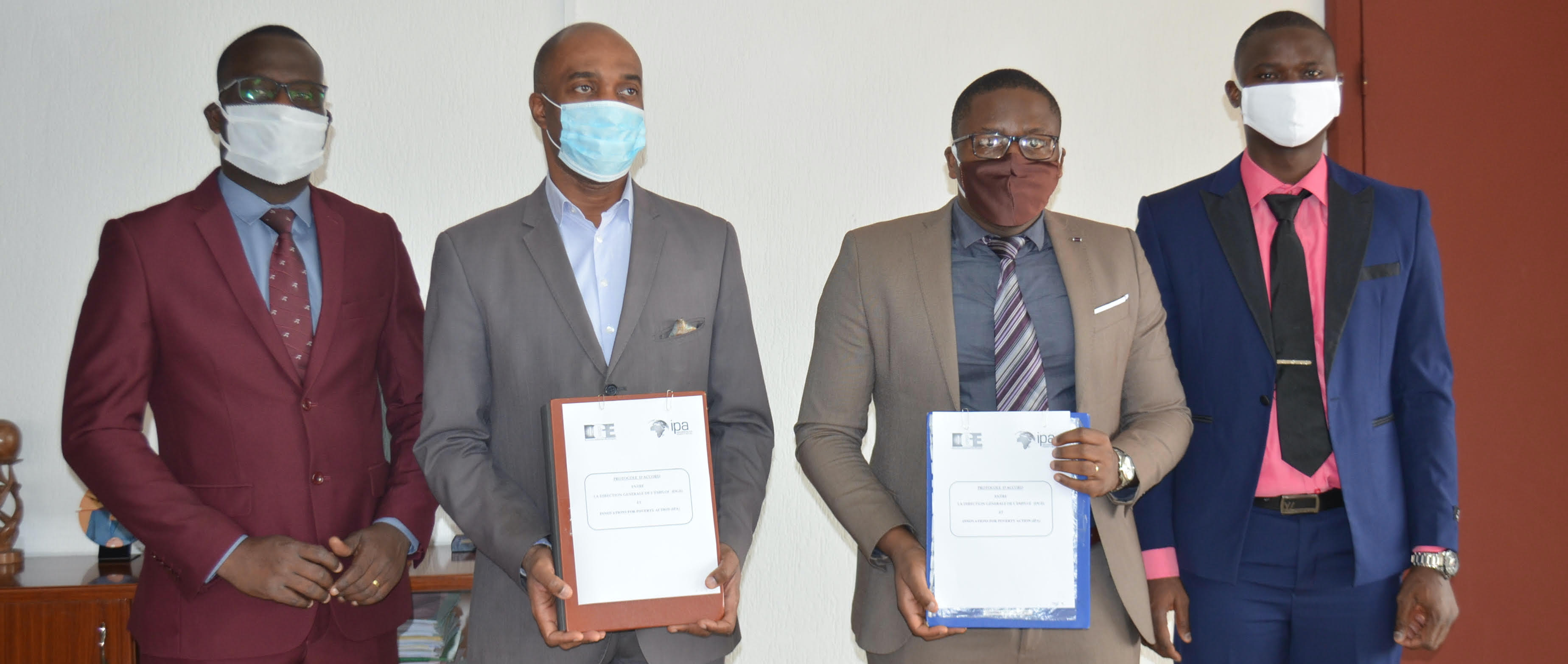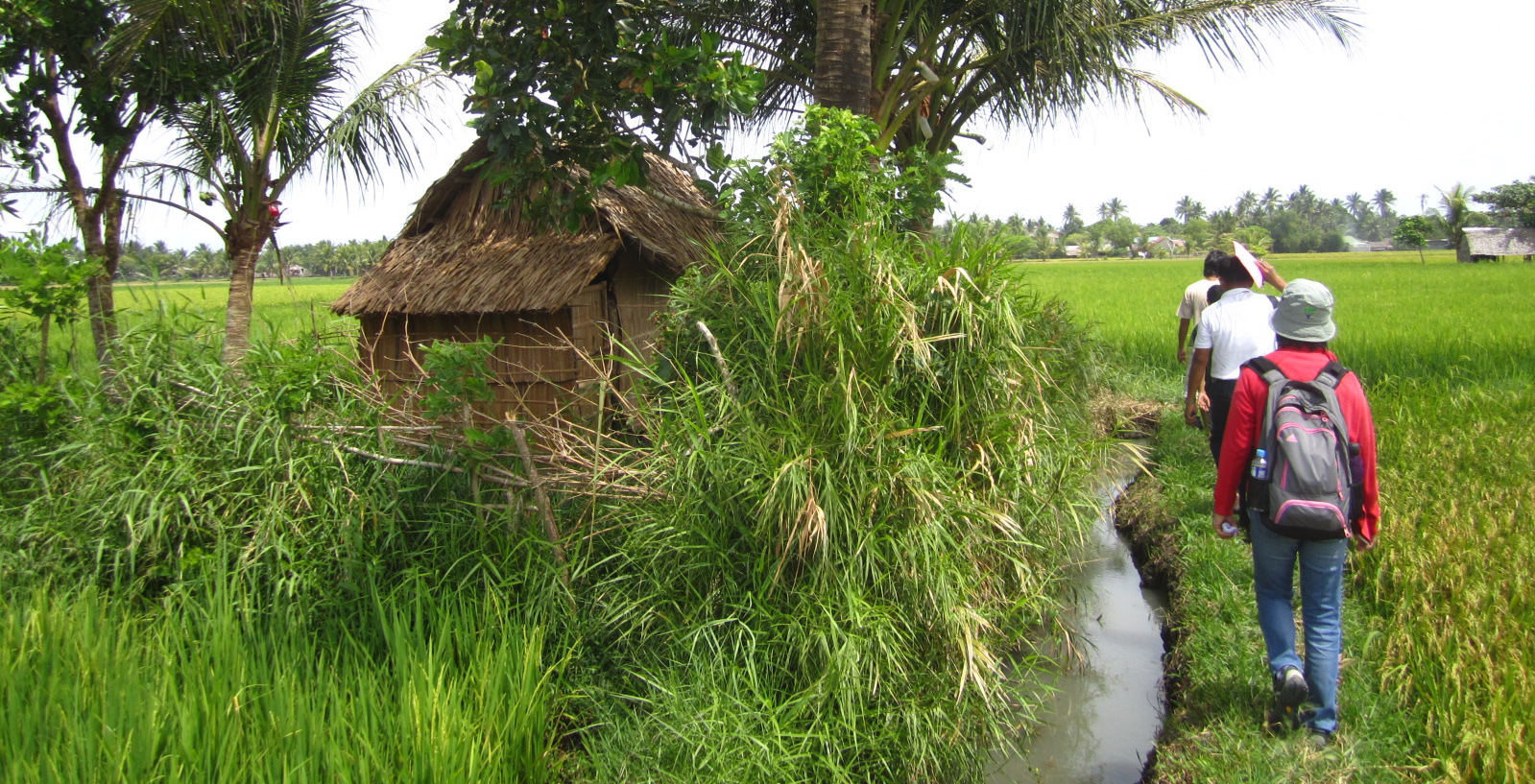Policy-Relevant Rigor: What Governments Need From Researchers for Effective Crisis Response
How do we ensure that people who already live hand to mouth aren’t starving during lockdown? Should we even lock down? Should we reopen businesses—and how? How do we do distance learning well? Are cash transfers helping people stay home? Who needs cash transfers the most?
The policy-relevant research questions are innumerable, and the need for policy-relevant rigor has perhaps never been greater. But with over 23,000 scientific papers on COVID-19 coming out since January, we have to ask ourselves: is the research supply actually meeting the demand?
IPA is building on existing relationships and responding to dozens of policy partners to ensure that in our case, the answer is “yes.” We are working hard to understand exactly what questions these partners are asking and how data and evidence can contribute to their priorities as they seek to respond to this pandemic—and fast.
Last month, we shared a few of the things we’d heard and the ways we were helping partners respond. Since then, we’ve launched a research hub tracking studies to address COVID-19’s socioeconomic impacts in nearly 50 countries and begun fieldwork on our own RECOVR survey—a multi-country national panel survey designed to provide the information that decision-makers need most. Not to mention over 90 other evaluations and descriptive surveys that our teams have launched or begun developing throughout our 22 country offices.
We have to ask ourselves: is the research supply actually meeting the demand?
Our teams are prioritizing getting data and evidence to the places where there are use cases. Here are a couple more of the policy priorities that we’re working to address right now.
Cote d’Ivoire and Burkina Faso: Understanding Impacts on Employment

Around the world, the shutdown’s consequences on labor and employment are significant, with businesses across sectors laying off workers, cutting their hours, or closing altogether. In Côte d’Ivoire and Burkina Faso, the Ministries of Employment are interested in collecting good data on how the pandemic is affecting employment, business revenues, benefits, and safety at work, particularly for vulnerable populations such as youth and people working in the informal sector. They are also concerned about how closely households are able to adhere to social distancing restrictions given their need to generate income, and how the division of domestic labor within the household may change.
IPA is building on prior relationships in Côte D’Ivoire and Burkina Faso and is working with these economic policymakers to collect this data. Conducting regular phone surveys as part of the RECOVR survey will help provide a fuller understanding of the pandemic’s firm- and worker-level impacts.
Philippines: Preparing for Distance Learning and Studying Cash Transfers’ Household Impacts

With potential delays to the start of the school year, 22.5 million basic public education students in the Philippines will be out of school, increasing the risk that marginalized children will fall further behind—so continuity of learning is a key priority.
The Philippines Department of Education (DepEd) is planning to roll out distance learning for the start of the school year in June, but the department has expressed that a major barrier to online education is the lack of knowledge about whether learners can access online learning platforms and the capacities of DepEd personnel in remote teaching.
The Philippines Department of Education (DepEd) is planning to roll out distance learning for the start of the school year in June, but the department has expressed that a major barrier to online education is the lack of knowledge about whether learners can access online learning platforms and the capacities of DepEd personnel in remote teaching. IPA is working with DepEd to collect information on 1) children’s and households’ access to and use of devices such as smartphones, radios, and television and 2) teachers’ access to distance learning platforms and their capacities to use these platforms. This data will help DepEd understand who would be able to access distance learning; whether parents and caregivers can support students in their learning; and which ways of delivering it are optimal.
Separately, the Philippine government is also providing subsidies to vulnerable households during COVID-19, but they wonder about the impact of these subsidies on household gender dynamics, empowerment, and gender-based violence—especially during a pandemic. IPA is working with the Philippines Department of Social Welfare and Development to leverage an existing sample of households from a project measuring the impact of the Philippine government’s existing conditional cash transfer program, Pantawid Pamilyang Pilipino Program (4P). The project will study the impact of these cash transfers and other government relief programs on gender attitudes and beliefs about household decision-making, well-being, empowerment, and gender-based violence. This research will inform the design and delivery of cash transfer programs and public health messages to be communicated to households.
A Surge of Real-Time Collaboration
While we’re still working on some answers, we are privileged to partner with these policymakers to co-create this data and evidence that directly meets their needs. As the data rolls in, we are sharing results in real-time with these partners and will be posting results soon on the hub.
Many researchers are interested in answering questions about COVID-19, and there is no shortage of policymakers who need evidence to inform their responses. But there is often a shortage of true collaboration. The pandemic has given way to a surge of collaboration between organizations, researchers, and disciplines. We encourage more of this collaboration and co-creation between researchers and users of evidence and hope that sharing some of the strategies IPA has been using to create these collaborations can help to inspire new ones.











